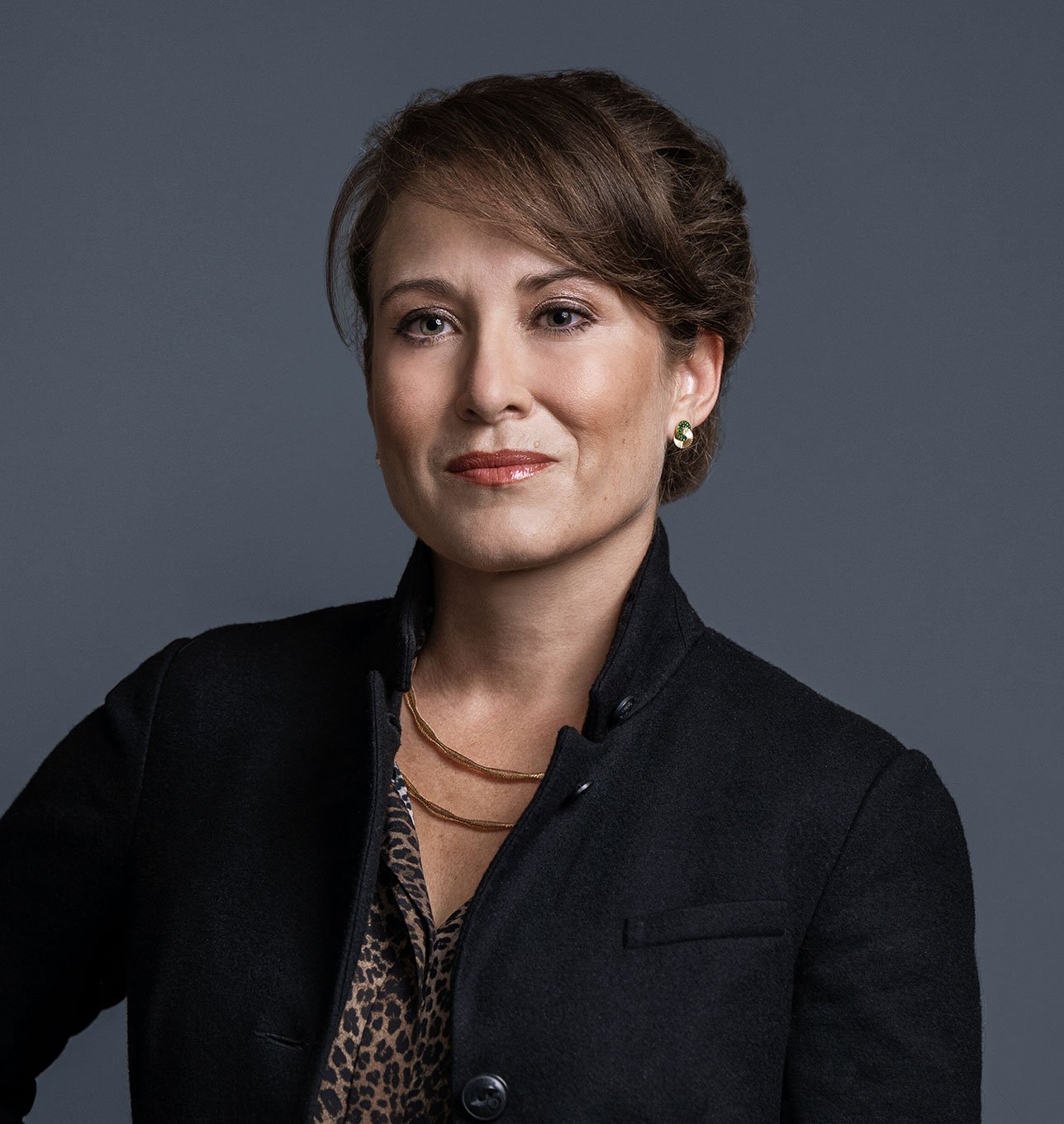Law Firms Are Tapping Former Legal Chiefs for a New Kind of Role GC in Residence
Law firms are increasingly turning to an unlikely new resource to deepen client relationships and sharpen their edge in fast-moving industries: the recently departed general counsel.
Once a rarity, general counsel-in-residence programs are gaining traction at Big Law firms, including Wilson Sonsini Goodrich & Rosati and Mayer Brown. Firms draw on the ex-legal chiefs to drum up business, and to provide insight that can only come from a battle-tested in-house legal leader.
The idea mirrors the entrepreneur-in-residence concept popular in venture capital firms—bring in someone who’s done the job, let them mentor, advise and connect, and then send them off to their next adventure with a broader network and a fresh perspective.
In the GC version, the “someone” is a former legal chief, often from tech, whose mission is to bridge the gap between outside counsel and what’s actually keeping GCs up at night.
Michele Lee, who in March stepped down as Pinterest’s general counsel, is the latest legal chief to take on such a role. She joined Wilson Sonsini in April, two months after the firm rolled out its program.
“When I first started working at a corporation after the Department of Justice, I quickly realized there was no clear roadmap for that journey,” Lee said. “A program like GCIR would have been incredibly valuable.”
Lee brings experience from high-stakes roles at Pinterest, Twitter, Visa and the DOJ, where she helped navigate a blizzard of complex issues, from AI governance and digital content regulation to class action litigation.
At Wilson Sonsini, she’ll serve as a sounding board for general counsel and in-house teams, especially those tackling such challenges as the rapidly changing regulatory landscape, reputational risk and resource constraints.
“I’ve had the opportunity to make mistakes and learn from them,” she said. “I’d love to share notes and help others figure out how to find their path.”
Wilson Sonsini officials say they launched their program in response to the increased regulatory complexity companies are facing, especially in the technology and life sciences sectors
“This program not only provides interim support that benefits both participants and clients,” Managing Partner Doug Clark said in a statement, “but also aligns with our Executive Advisory Program, which has a longer-term focus on client success.”
The first law firm to go down this path was Mayer Brown, which rolled out what it calls its "Technology General Counsel-in-Residence Program" in 2023.
It's brought in a string of former GCs, including fintech veteran Beth Stevens and digital health and ed-tech veteran Neela Paykel.
The Mayer Brown program, also modeled after executive-in-residence roles, embeds seasoned GCs at the firm on a short-term basis, where they can help train lawyers, advise on business strategy and provide a more grounded understanding of what in-house clients actually need.
“We recognized a growing need for seasoned legal professionals who could bridge the gap between in-house counsel and law firms, and between legal advice and the dynamic needs of technology clients,” said Nina Flax, the Mayer Brown partner who developed the program.
The role, she said, is temporary by design, with most placements lasting six to 12 months. "But the timeline isn’t rigid—it’s determined by the needs of both the individual GC and the firm."
Far from passive observers, the GCs in residence help shape the firm’s offerings, Flax said.
“They consult with our business leads, help improve internal training on developments in tech law, and enhance our understanding of what tech clients are grappling with,” Flax said. “It’s been an incredibly valuable learning experience—for us and for them.”
For GCs, becoming a GC in residence has a different set of benefits. It gives them a breather from the pressures of running a corporate legal department top legal seat while keeping them plugged into the business and legal challenges they know best.
“You get to zoom out and see the ecosystem,” Lee said. “You see the big companies. You see the startups going IPO. You see the Series B team excited to get funding. And you get to help shape how all of them think about legal. To me, that’s pretty compelling.”
Lee said she’s already hearing from general counsel—and the questions they pose are wide-ranging, from AI adoption and governance to team structure and headcount.
“A lot of folks I’ve talked to have said, ‘I’ve got an AI governance plan on my OKR list,’ or, ‘How do I get my team to use AI more than they are?’” she said. “They know AI is impactful, but they’re still working out what that actually means for legal workflows.”
That kind of conversation—tactical and strategic—is exactly where she hopes to plug in.
“In this role, I’m excited to support general counsel and in-house legal teams in their strategic and operational challenges by drawing from my own insights (including from mistakes made!) over the course of a career in consumer technology,” Lee said. “I am also really looking forward to playing a key role in mentoring and training other attorneys at Wilson Sonsini.”
Having GCs in residence on board helps position the law firms as trusted partners to their legal department clients, not just technical experts.
For Lee, it’s also a chance to mentor.
“When you’re with your team, you have to lead. When you’re with your execs, you have to advise,” she said. “There aren’t many safe spaces to say, ‘I’ve never done this before—can you help?’ I’d love to be that person for someone else.”
Reprinted with permission from the April 24th edition of Corporate Counsel © 2025 ALM Properties, Inc. All rights reserved. Further duplication without permission is prohibited.


